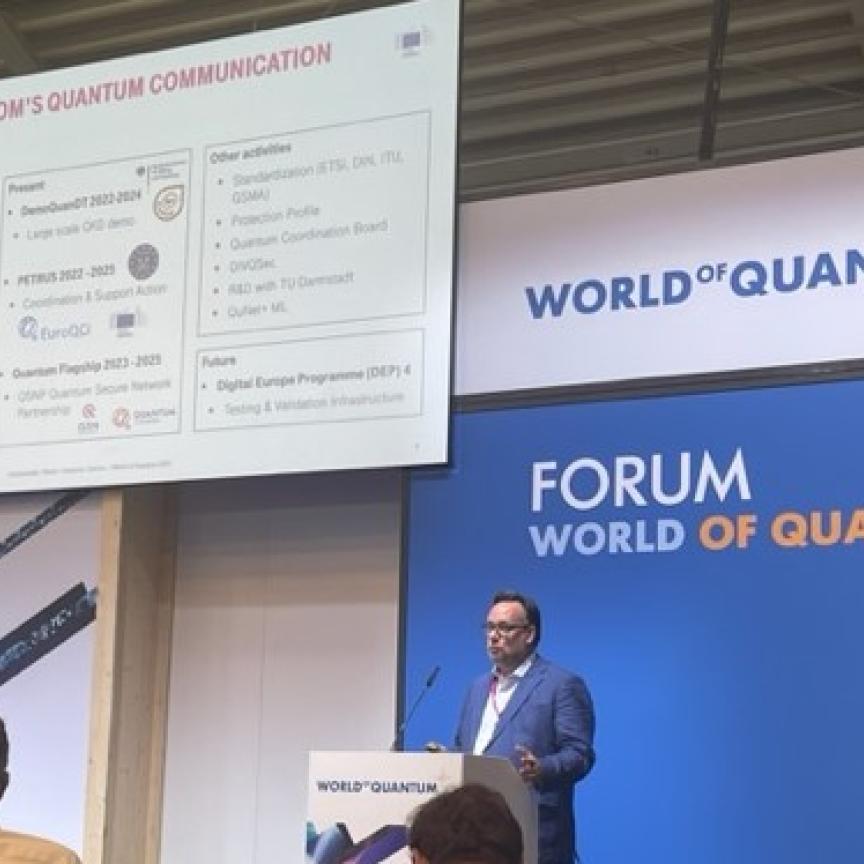The Department of Commerce’s Bureau of Industry and Security (BIS) is allowing ZTE to conduct business on a limited scale in a relaxation of the denial order placed on the company earlier this year.
The order, issued in April, stated that, until 13 March 2025, the Chinese telecommunications equipment and systems supplier must not ‘directly or indirectly, participate in any way in any transaction involving any commodity, software or technology (hereinafter collectively referred to as ‘item’) exported or to be exported from the United States that is subject to the regulations, or in any other activity subject to the regulations.’
It was put in place after the company was said to have breached a 2017 agreement to a combined civil and criminal penalty and forfeiture of $1.19 billion for shipping telecommunications equipment over a six-year period to Iran and North Korea during an export ban (see U.S. banned from selling to ZTE after activation of export denial).
As well as the penalties mentioned, ZTE agreed a potential seven-year suspended denial of export privileges, meaning US components could not be re-sold to the company – which would be activated if any aspect of the original agreement was not met and/or if the company committed additional violations of the Export Administration Regulations (EAR). ZTE was found to have done so by submitting false statements to BIS – in 2016, during settlement negotiations, and in 2017, during the probationary period – related to senior employee disciplinary actions the company said it was taking or had taken.
The new order – signed by director, Office of Exporter services for BIS, Karen H Nies-Vogel and issued this week – enables ZTE to conduct business on a limited scale until 1 August 2018. However, the BIS said that the denial order ‘remains in full force and effect.’ This means that the company is now able to continue the operation of existing networks and equipment, maintaining and supporting networks and equipment based on any contracts and agreements executed prior to the denial of service order on 15 April 2018.
It may also provide support and software to phones that were available to the public before the ban and provide ongoing security research information in order to maintain the integrity and reliability of existing communications networks and equipment.

